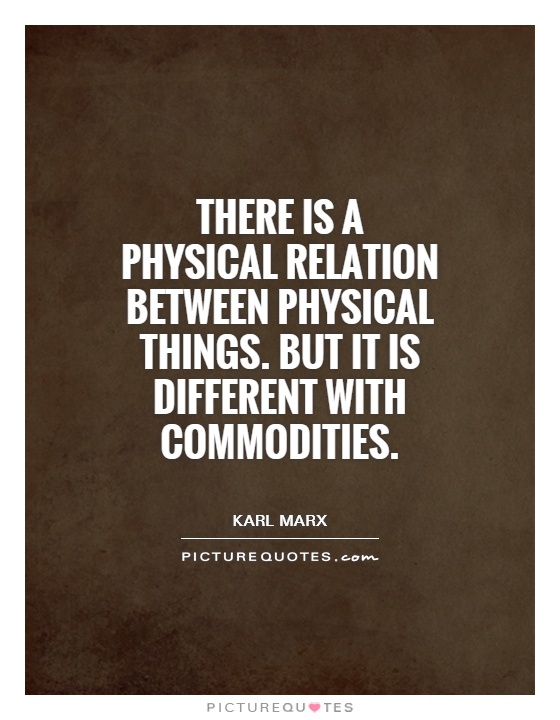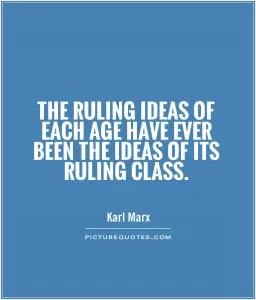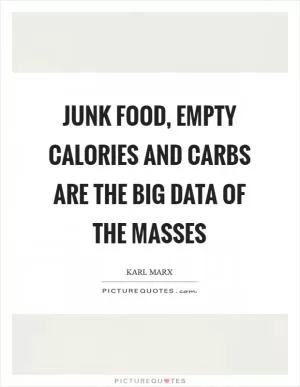There is a physical relation between physical things. But it is different with commodities

There is a physical relation between physical things. But it is different with commodities
Karl Marx, a renowned philosopher and economist, delved deep into the concept of commodities and their relation to physical things. In his seminal work, "Capital: Critique of Political Economy," Marx explored the intricate relationship between physical objects and commodities, shedding light on the fundamental differences between the two.Marx argued that there is a physical relation between physical things, such as raw materials and finished products. This physical relation is based on the tangible properties of these objects, such as their size, weight, and shape. For example, a piece of wood can be transformed into a table through physical labor and production processes. The physical relation between the wood and the table is evident in the transformation of the raw material into a finished product.
However, Marx pointed out that commodities are different from physical things in that they possess a social dimension. Commodities are not just physical objects; they are also products of human labor that have been exchanged in the market. The value of a commodity is determined by the amount of labor that went into its production, rather than its physical properties alone.
Marx argued that the exchange value of commodities is a social construct that is shaped by the dynamics of the market economy. In a capitalist society, commodities are bought and sold for profit, leading to the commodification of goods and services. This process of commodification transforms physical objects into commodities that are traded in the market, creating a complex web of social relations and economic interactions.
Marx's analysis of commodities and their relation to physical things sheds light on the underlying mechanisms of capitalism and the exploitation of labor. By understanding the social dimension of commodities, we can gain insight into the power dynamics and inequalities that shape our economic system. Marx's critique of political economy continues to be relevant today, as we grapple with the challenges of global capitalism and strive for a more just and equitable society.












 Friendship Quotes
Friendship Quotes Love Quotes
Love Quotes Life Quotes
Life Quotes Funny Quotes
Funny Quotes Motivational Quotes
Motivational Quotes Inspirational Quotes
Inspirational Quotes